Menu
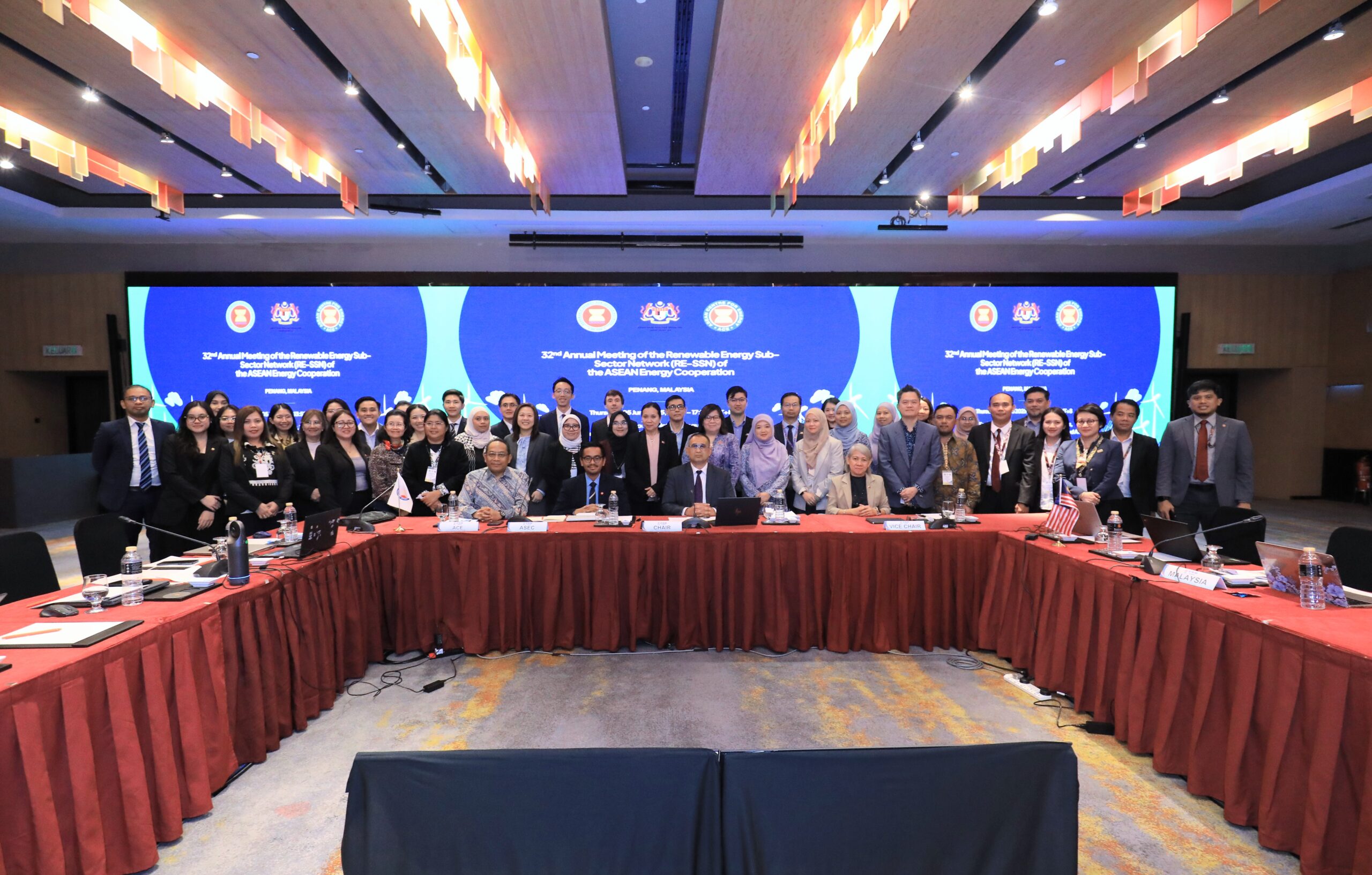
Photo 1. Group photo of the 32nd RE-SSN Meeting Participants.
(Photo by PETRA)
The 32nd Annual Renewable Energy Sub-Sector Network (RE-SSN) Meeting concluded a pivotal week of energy discussions with ASEAN’s renewable energy sector formally endorsing a more ambitious path forward and agreeing on the next steps for Energy Deliverables under Malaysia’s Chairmanship. Hosted by the Ministry of Energy Transition and Water Transformation (PETRA) of Malaysia and organised by the ASEAN Centre for Energy (ACE) – the Centre, the meeting serves as the key directives of the week’s strategic dialogues that translated into a unified vision for the upcoming ASEAN Plan of Action for Energy Cooperation (APAEC) 2026-2030.
Convening representatives from ASEAN Member States (AMS), Dialogue Partners (DPs) and International Organisations (IOs), the ASEAN Secretariat, and ACE, the 32nd RE-SSN Meeting also discussed the monitoring and evaluation of the APAEC Phase II: 2021-2025.
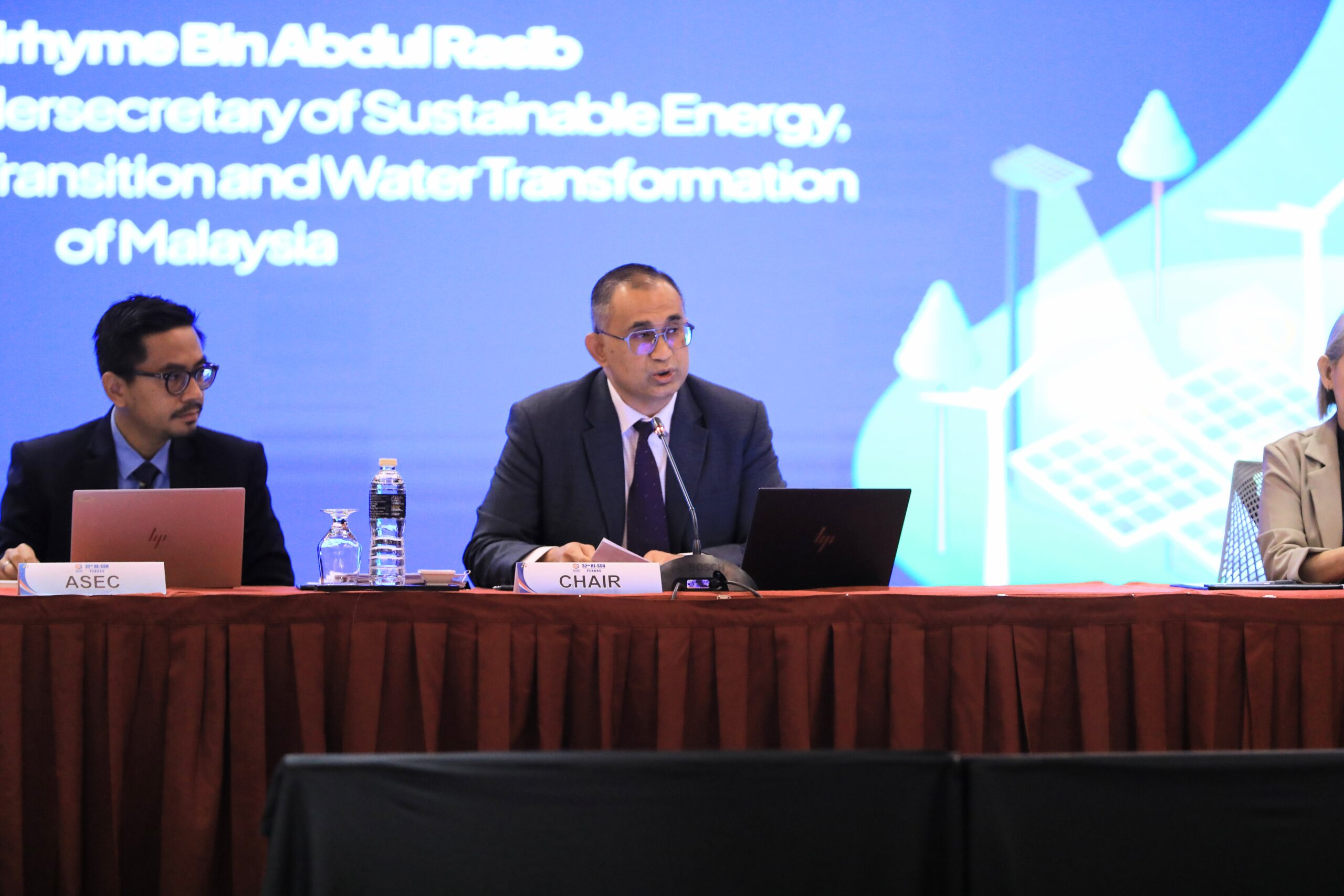 |
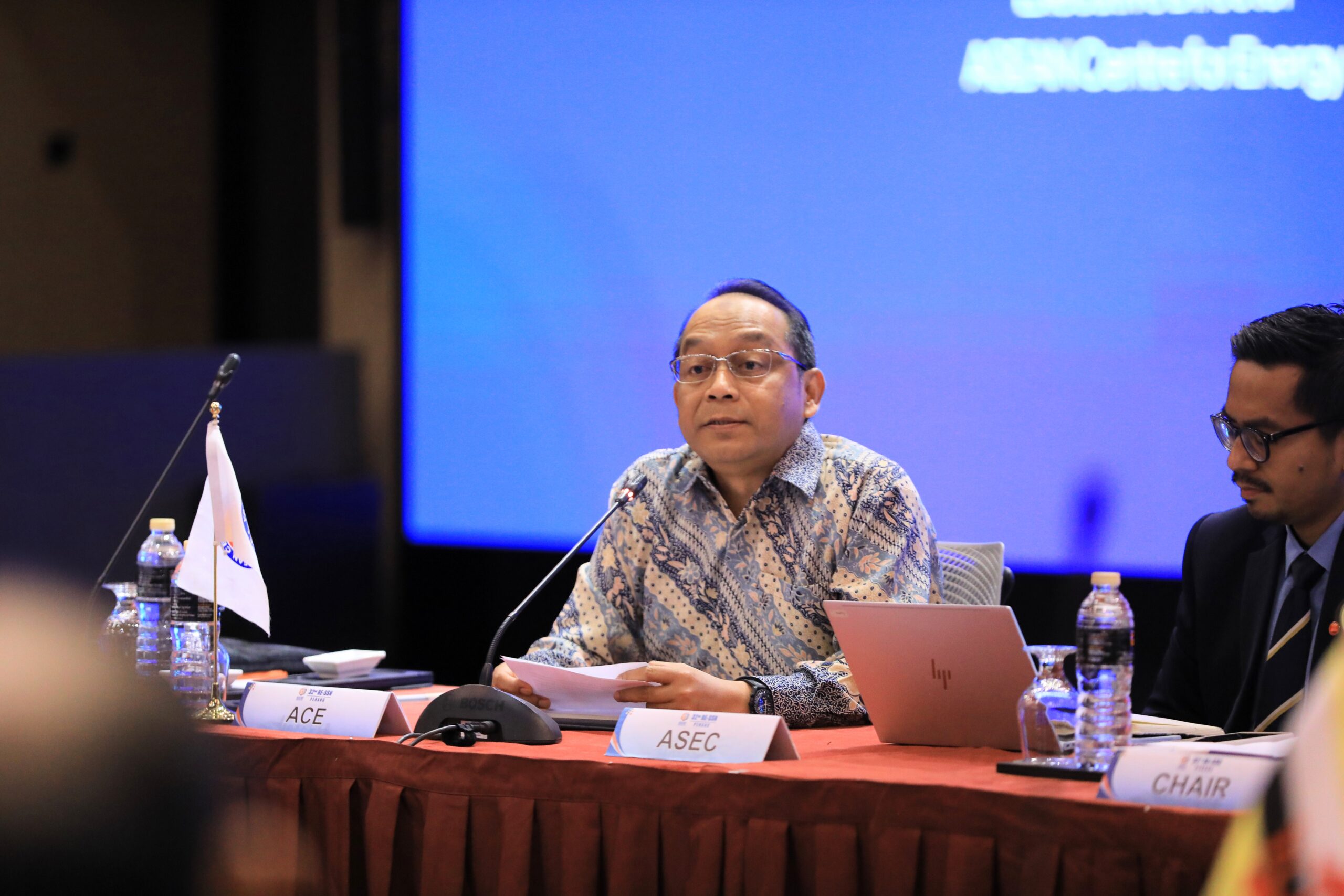 |
Photo 2. Opening remarks by Asdirhyme Adul Rasib, Undersecretary of Sustainable Energy at PETRA & RE-SSN Chair and Dato’ Ir. Ts. Razib Dawood, Executive Director of ACE.
(Photos by PETRA)
To commence the meeting, opening remarks were delivered by Asdirhyme Abdul Rasib, Undersecretary of Sustainable Energy at PETRA and Chair of the 32nd RE-SSN Meeting. He underscored the meeting’s importance in enhancing ASEAN’s renewable energy landscape.
Dato’ Ir. Ts. Razib Dawood, Executive Director of ACE, also provided opening remarks and further highlighted the role of RE-SSN as a central platform in driving RE growth, expanding energy access, and guiding ASEAN toward broader regional energy objectives. He reinforced the Centre’s role in continuing to strengthen energy cooperation among AMS.
Key Outcomes and Next Steps for Malaysia’s Priority Deliverables
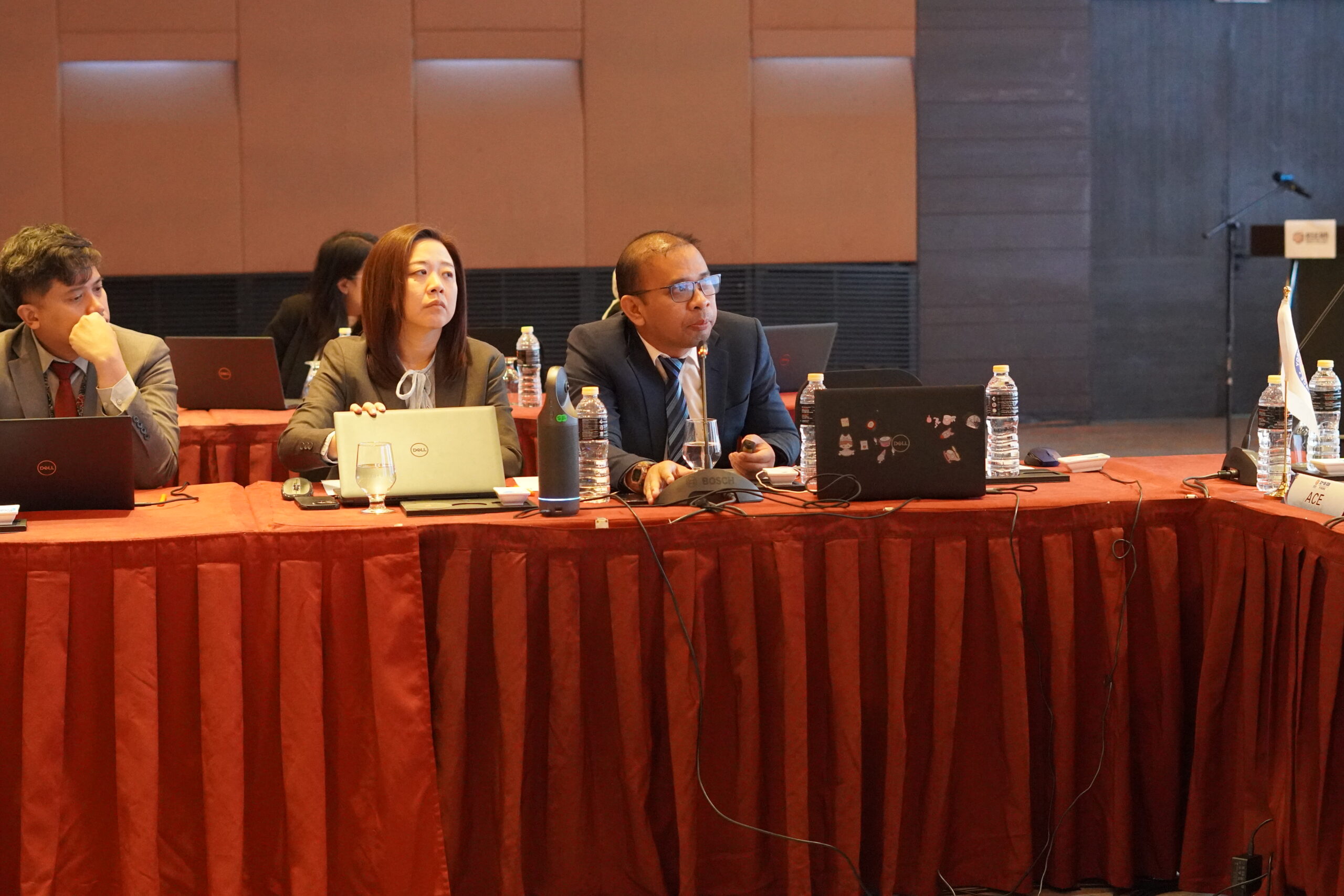
Photo 3. (Left to right) Dr Tharinya Supasa, Manager of SRE Department at ACE and Beni Suryadi, Senior Manager of APAEC and Strategic Partnership Department of ACE, during the meeting.
A central achievement of the meeting was the progress made on two of Malaysia’s energy deliverables for its ASEAN Chairmanship. The RE-SSN members discussed and agreed on the path forward for the ASEAN RE Long-Term Roadmap (RE LTRM) and the establishment of the ASEAN REC Taskforce.
Led by the RE-SSN Chair, the meeting opened with an overview of outcomes from recent official meetings which was delivered by Beni Suryadi, Senior Manager of the APAEC & Strategic Partnership Department at ACE. This section covered results from the 31st RE-SSN Meeting, the 42nd Senior Officials Meeting on Energy (SOME) & ASEAN Minister on Energy Meeting (AMEM), and the 2025 Special SOME.
A presentation by Dr Tharinya Supasa, Manager of SRE Department at ACE detailed the progress on the forthcoming RE LTRM and the new aspirational RE targets derived from it. A key insight from the discussion was that the RE-LTRM provides the critical, data-driven analytical foundation for the region’s new, more ambitious RE target, giving credibility to the increased ambition. The agreed next step is to move towards the finalisation of the roadmap, incorporating the updated scenario narrative and model settings based on the consensus reached during the week’s workshops.
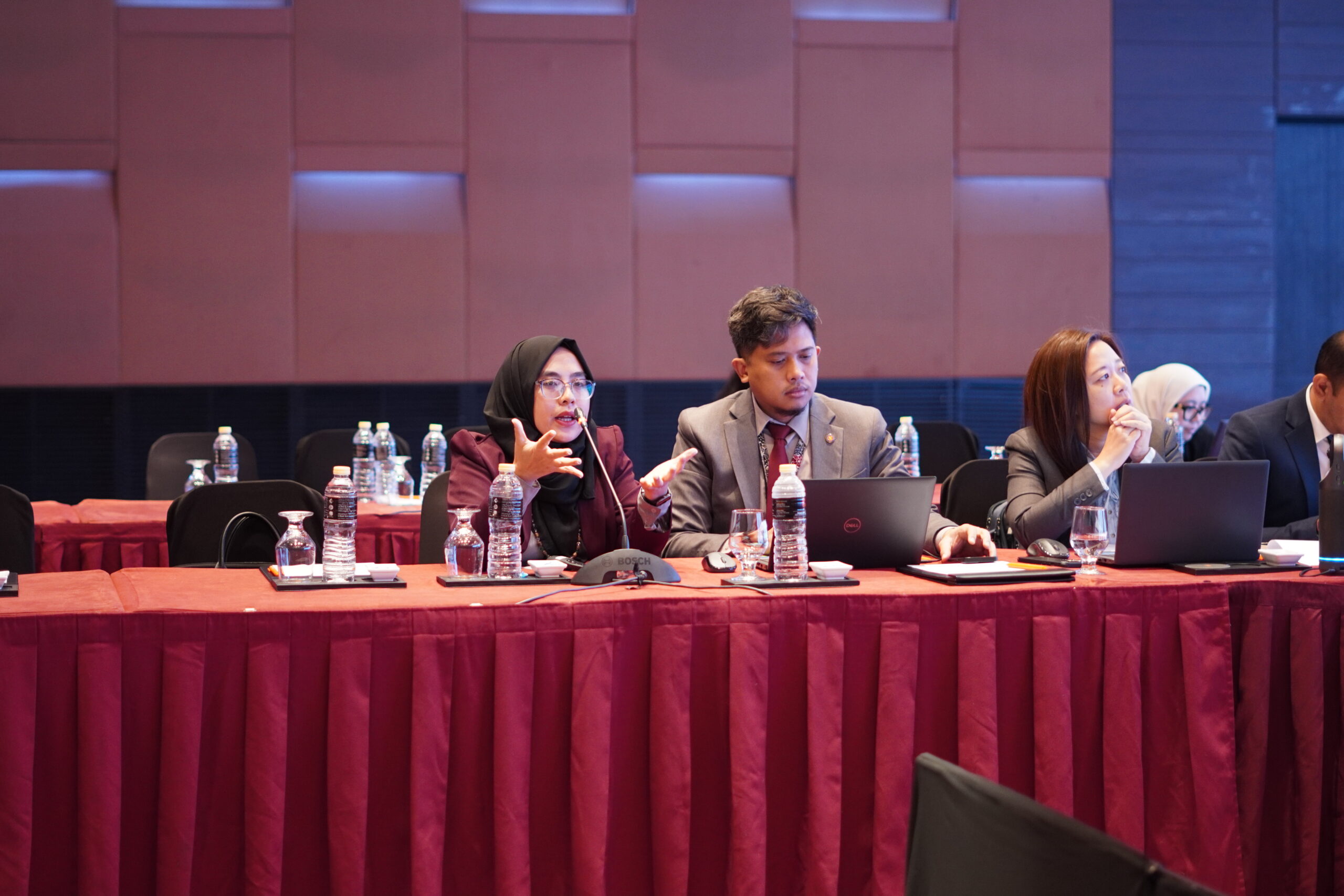
Photo 4. Monika Merdekawati, Senior Research Analyst of SRE Department at ACE, presenting during the meeting.
It was the continued with a report on the ASEAN RE Project Awards Board of Judges (BOJ) Meeting, which was conducted earlier the same week on Monday, 2 June 2025, delivered by the BOJ Chair, Koh Keng Sen, CEO of SEDA. The BOJ Chair announced the winners and runners-up of ASEAN RE Project Awards, as well as outlined the key takeaways from the BOJ discussion on recommendations based on the 2025 submissions.
Following this, Monika Merdekawati, Senior Research Analyst of SRE Department at ACE, presented outcomes and recommendations of the Strategy Renewable Energy Policy for ASEAN Energy Interconnection Workshop. This covered the topics of advancing regional energy integration and RECS, regional REC market development and coordination, and regional intra-trade concept and challenges.
On the other hand, Monika provided progress updates on ASEAN REC Framework, which is a critical step towards establishing the Taskforce. The key insight was that a robust REC framework, governed by a dedicated Taskforce, is the essential market mechanism needed to operationalise the ASEAN Power Grid for clean energy trade and to help achieve the new regional RE target. The next step agreed upon was to formally outline the Taskforce’s concept, objectives, and activities, building on recommendations from initiatives like the Renewable Energy Certificate System in BIMP-EAGA Countries (RECAP) Project.
This was then followed by a presentation from Beni, outlining updates on the overall APAEC 2026-2030 drafting and latest Outcome-Based Strategies (OBS) and Action Plans (APs) of the RE Programme Area. He outlined the timeline, framework & content, proposed key strategies, and proposed OBS and APs of the next APAEC.
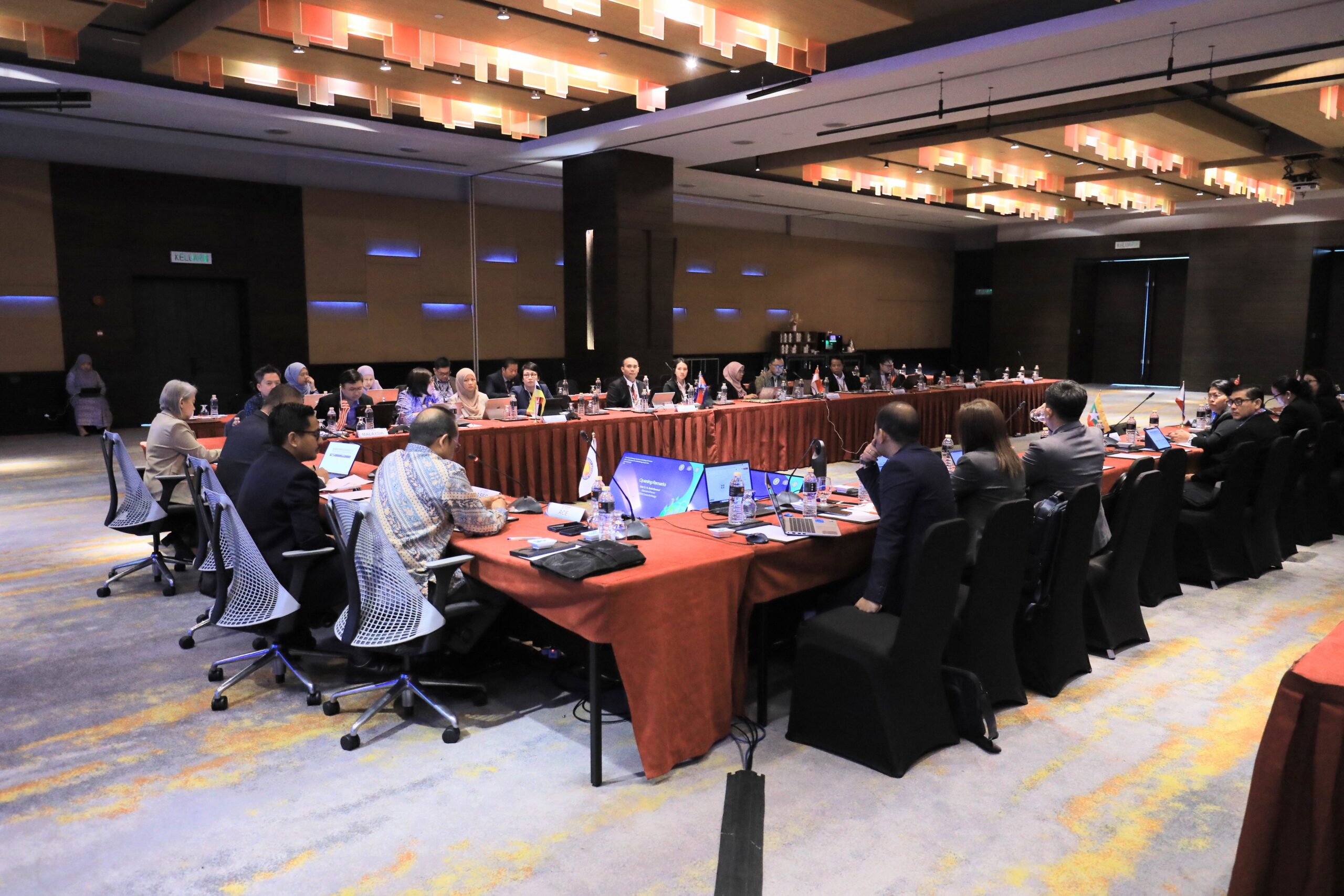 |
 |
Photo 5. Meeting participants at the G Gurney Hotel in Penang, Malaysia.
(Photo by PETRA)
Formalising Ambition and Welcoming International Collaboration
The afternoon session was joined by Dialogue Partners (DPs) and International Organisations (IOs), which included representatives from the World Bank, Australia, China Renewable Energy Engineering Institute (CREEI), Deutsche Gesellschaft Für Internationale Zusammenarbeit (GIZ), and Sustainable Energy for All (SEForAll). This session discussed international engagement between ASEAN with DPs and IOs, exploring strategies and cooperation to be further implemented for the next phase of the APAEC.
These concrete deliverables provided the foundation for the meeting’s broader strategic outcomes. The members formally endorsed the new, more ambitious RE targets for the next APAEC, with the RE-LTRM providing the confidence for this step. The establishment of the REC Taskforce was recognised as a vital tool to realise this ambition. These crucial directives were made happen with the travel assistance for most AMS delegates provided by the World Bank.
The meeting concluded with the agreement of the schedule and venue for the 33rd RE-SSN Meeting. Asdirhyme Abdul Rasib, as RE-SSN Chair, delivered closing remarks, officially marking the end of the 32nd RE-SSN Meeting and its Associated Meetings. He noted that the meaningful insights and outcomes of this meeting will play a critical role in formulating the next phase of the APAEC and in ensuring a seamless and coordinated energy transition for ASEAN’s energy-resilient future.
